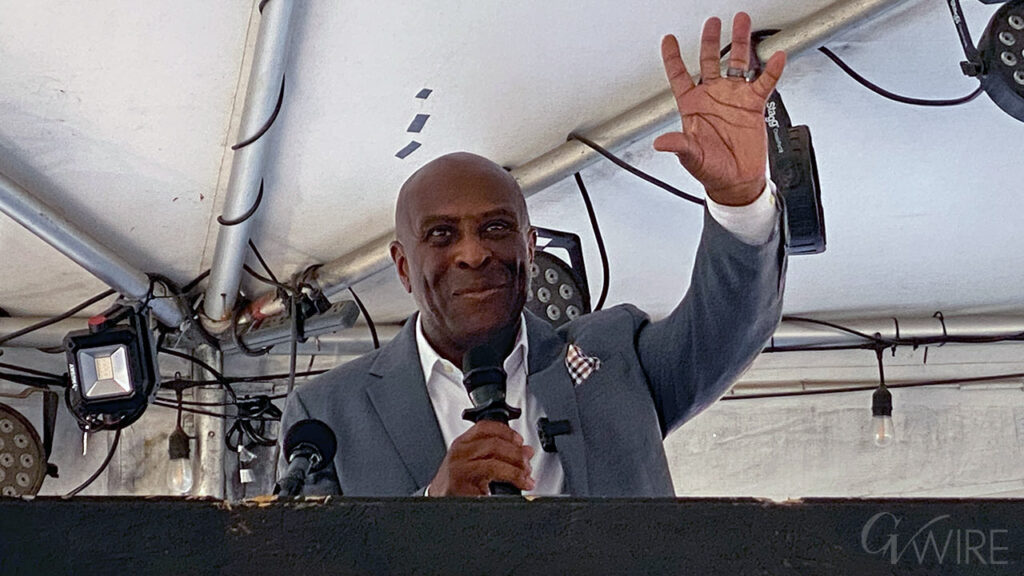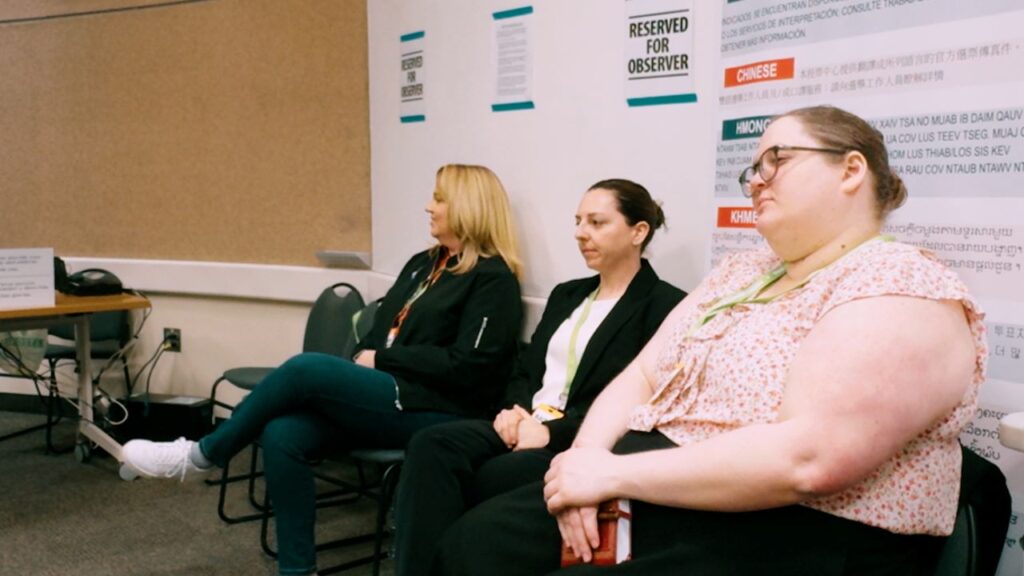Pfizer signage is displayed at the Pfizer NYC Headquarters, Thursday, April 10, 2025, in New York. (AP/Yuki Iwamura)

- Pfizer is ending development of its once-daily obesity pill danuglipron after a trial participant suffered possible liver injury.
- The decision halts early-stage testing and cancels plans for late-stage trials and combination drug studies with danuglipron.
- Pfizer still plans to pursue other obesity drugs, while rivals Lilly and Novo dominate the injectable weight loss market.
Share
|
Getting your Trinity Audio player ready...
|
Pfizer is ending the development of its potential once-daily pill treatment for obesity before venturing into the biggest and most expensive level of clinical testing.
The drugmaker said Tuesday that it would stop studying danuglipron after a participant in one of its trials experienced a possible drug-induced liver injury that ended once the person stopped taking the treatment.
The once-daily version of the pill was in early-stage testing, with researchers trying to figure out the best dose for patients, a spokeswoman said. The company intended to move the drug into late-stage testing, which is generally the last phase of development before a company submits the potential treatment to government regulators for approval.
Pfizer to Continue Other Obesity Treatments
A company official said in a statement that Pfizer still plans to develop other potential obesity treatments in earlier stages of testing.
Obesity treatments have become one of the more promising and lucrative sectors of drug development for pharmaceutical companies. Eli Lilly and Co.’s Zepbound, for instance, brought in nearly $5 billion in sales in 2024, its first full year on the market.
But leading treatments like Zepbound and Novo Nordisk’s Wegovy are injectable. Drugmakers are eager to develop an easier-to-take pill version for patients who don’t want to deal with needles and daily injections.
Lilly researchers expect to see data this year from studies of a couple potential oral treatments it has developed.
While the drugs have become top-sellers, many patients have had a hard time getting them either due to recently concluded shortages or patchy insurance coverage. Both Lilly and Novo have recently announced price cuts, but the treatments can still cost hundreds of dollars a month, putting them out of reach for some people without coverage.
Pfizer said in late 2023 that it would abandon a twice-daily version of danuglipron that had adavnced to mid-stage testing after more than half the patients in a clinical trial stopped taking it.
A company spokeswoman said the decision announced Monday meant Pfizer would also stop testing danuglipron in combination with other drugs to treat obesity.
Shares of New York-based Pfizer Inc. advanced 12 cents to $22.03 in morning trading Monday.



















